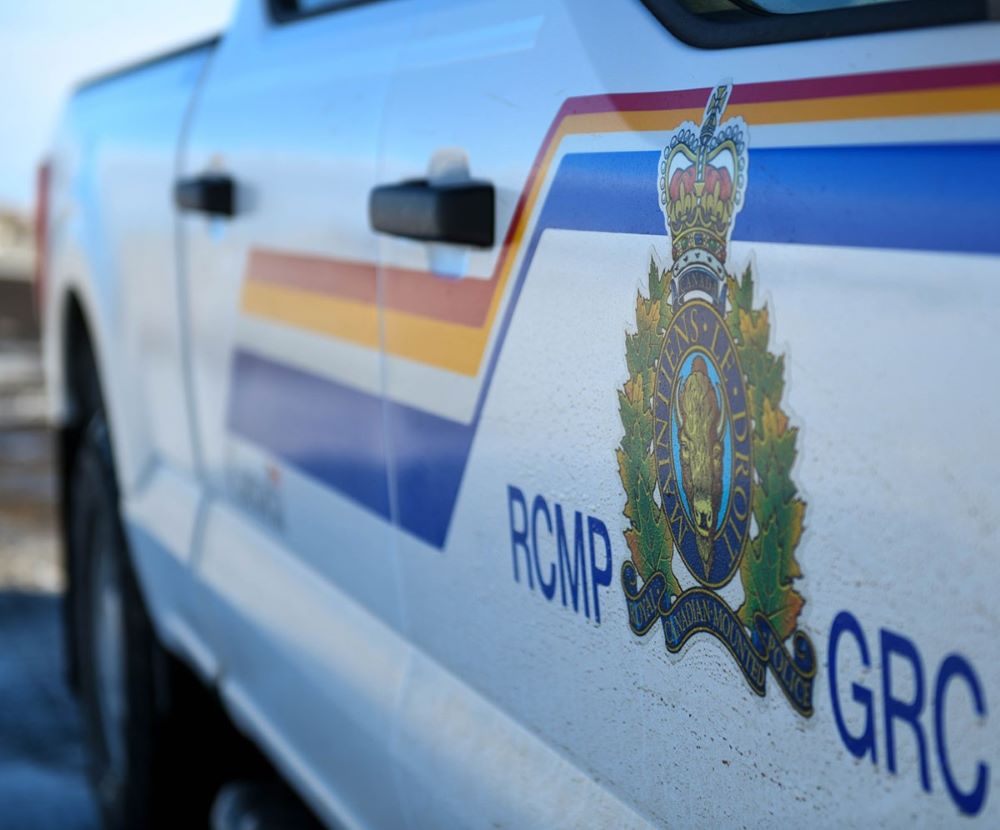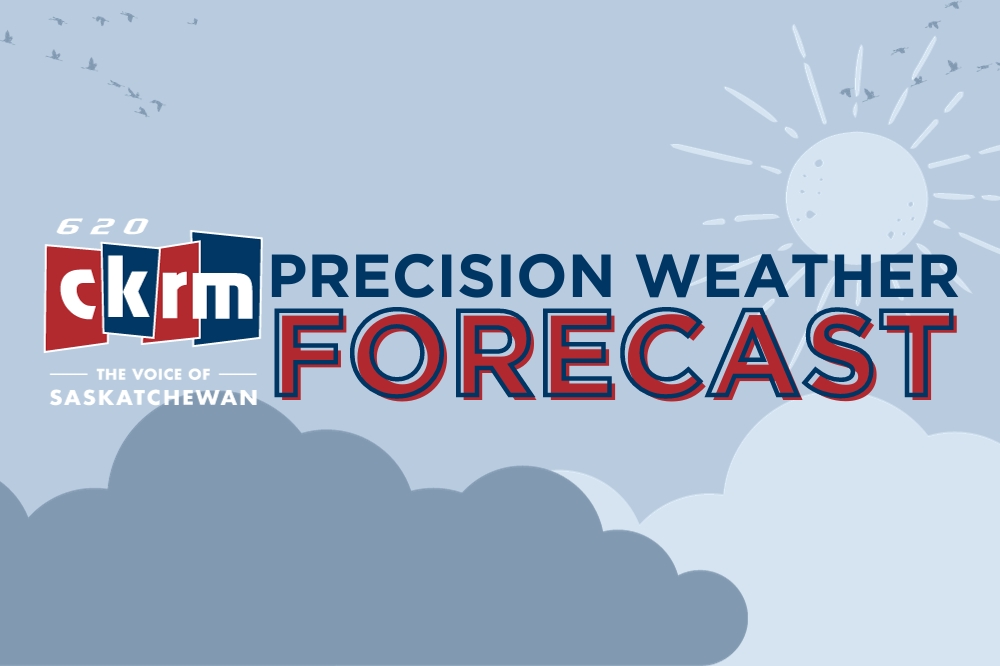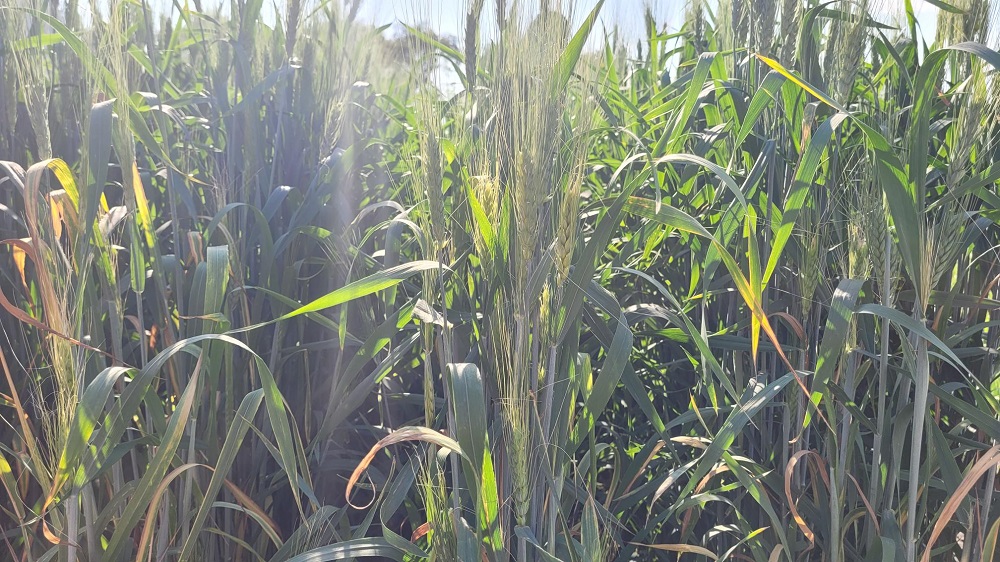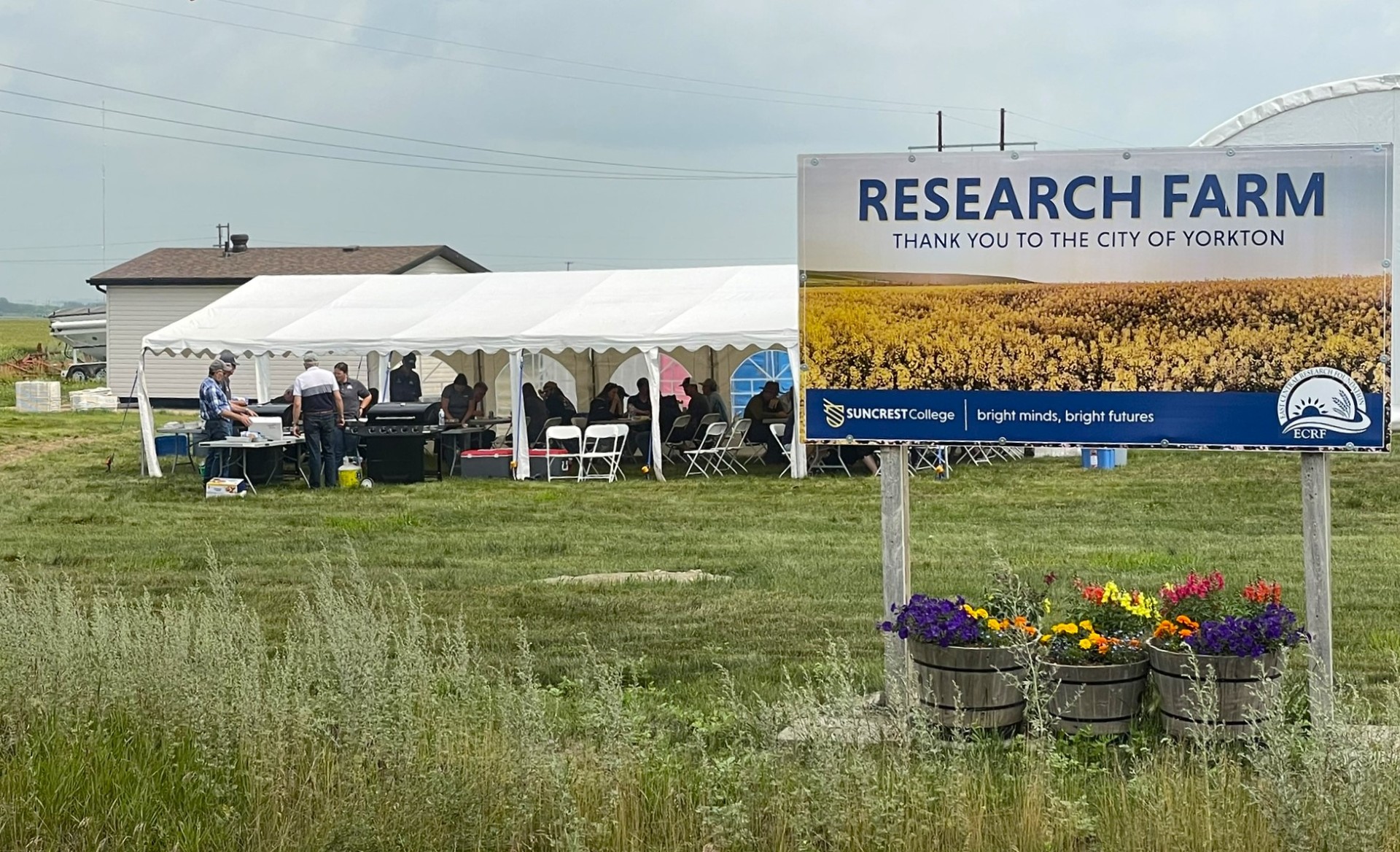As we take a deeper dive into homelessness in Regina, most of those living on the streets are indigenous.
Erica Beaudin, the executive director of the Regina Treaty Status Indian Services (RT/SIS), said that indigenous people aren’t homeless, as the land they live on is considered their home. Instead, many of them are houseless.
A term she learned from the late Darren Okemaysim.
“He said to me, we are not homeless. This is our home, regardless if we’re in the city. Wherever we live, we are in our home. We have no place else to go. We are not settlers. We are the original peoples of the land, and so this is our home.”
Beaudin said that so many indigenous people are houseless in Regina, with its roots beginning with the colonizing of their lands:
“It’s being brought into a system and being born into systems that were never meant for our survival and our thriving within them.”
Beaudin referred to how former Prime Minister Stephen Harper and Prime Minister Justin Trudeau have called what has happened to indigenous people “genocide.”
“Regardless if you’re on the right or the left, they admitted and discussed how government policy was meant to kill who we are as indigenous people. When that happens, whether it is an immediate death or a slower death of residential schools through government policy, it is very difficult to succeed when you have two hands tied behind your back, as well as a leg cut off.”
“We have those that are very much at the beginning and very dependent because of the harms that have been brought onto them,” she continued.
Beaudin stresses that while everyone living on the streets sees barriers, indigenous people see even greater ones.
“When we talk about the barriers, it would be just outright racist types of situations that many indigenous people have.”
Beaudin gave an example.
“When it comes to even renting a property. On the phone, if the landlord guesses the last name or through how a person sounds that they’re indigenous, they may say that the place is already rented,” she says.
“If you get to view an apartment and the landlord sees that you are indigenous, they will outright tell you that the place is rented or they look for a reason why they would not rent. That is a very specific example, and we, as an agency, see that happen almost every single day.”
As for what she would like to see done, Beaudin said she would like to see more indigenous-specific support.
“I think that the answer lies within our own people and our own ways of knowing and thinking. It needs to come from us. I’m not saying that there isn’t room for people that are very good-willed and good-hearted people, and that’s what I’m talking about allies. The allies must work with us as opposed to the allies leading the way, and they can choose to listen to the indigenous people and the indigenous experts on how to achieve.”
However, she says that people are transitioning to the modern world.
“We’re a prairie city, and we have many decades of very stressed racial relations that I do believe are getting better. However, for some of us, we’ve adapted, and we walk in both worlds very well, and then for others, it’s still a very difficult journey, and it not only sometimes takes longer. Maybe they will never achieve that type of success that that they need to in order to live independent lives.”
Beaudin has lived in Regina for most of her life and has worked in the city as the head of the only Indigenous-owned and operated Comprehensive Human Service delivery agency.
She says she has seen improvements, especially from a municipal level.
“This is the first time, especially municipally, that I have seen incredible acknowledgment and work that has been done to support indigenous-led solutions. Because of that, I really believe that there are lives that have been saved,” she says.
“I believe that there have been relationships that have been created. I believe that there have been understandings between allies and the original peoples of the land settlers, that there’s more empathy and caring.”
But despite the progress, there’s still a long road ahead to reconciliation and eliminating the extensive barriers that houseless Indigenous people face.
Beaudin believes that much more needs to be done on the provincial level.
“Right now, with a lot of the policies that are in place, especially provincially, by pulling back on the social safety nets, they are making them more and more obstacles and challenges. It would seem as though the government is saving money and that they’re attempting to create independence. But those of us on the ground actually see that the opposite is happening,” she says.
“If we worked in a situation where training and education, shelter access to relevant mental health and addictions, adequate subsidized child care, and life skills if those all work together, I think that investment within five years would create less of an Impact on those provincial dole’s that right now the government is saying is taking up a lot of the taxpayer’s money.”








